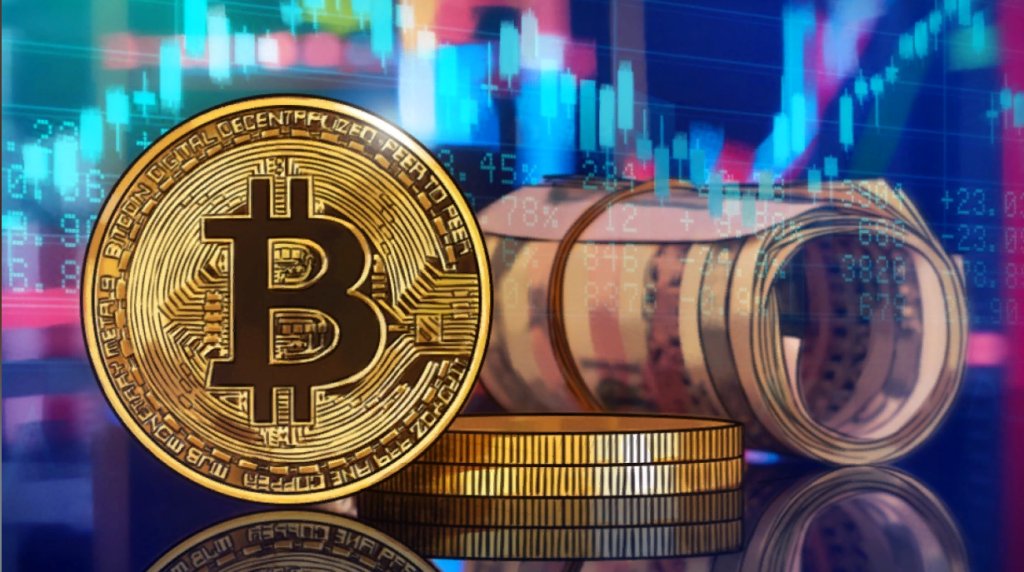
Wherever you live, if you leave $100 in the parking lot, it will almost always lead to losses. This also applies to cryptocurrencies. Even though they are digital, not following proper security measures can put your hard-earned money at risk. In this post, you will learn how to protect your cryptocurrency from most security risks.
Contrary to popular belief, storing your bitcoin with a reputable third party does not guarantee its protection. From a cybersecurity perspective, it’s much easier to go after consumers than it is to go after corporations.
The best and most practical advice for keeping your Bitcoin safe and under reliable protection is given in the list below.
Choose a reliable Cryptocurrency wallet.
There are many types of wallets that you can use to store your digital currency, just like for real money. As expected, each type of bitcoin wallet has its advantages and disadvantages. Here is a brief description of these types:
Hot Wallets: Because they are connected to the internet, these wallets are more susceptible to various online dangers. You will always have access to the Internet, which will allow you to quickly and easily access money. Exchanges usually provide such wallets.
Cold Wallets: These wallets cannot be hacked because they are deactivated or “cold”. For people who require immediate security measures, this is an appropriate choice. As a rule, they are issued in the form of hardware wallets and paper wallets.
Warm Wallets: The best aspects of hot and cold wallets are combined in warm wallets. Although they are available online, easy to use and provide a number of services, the money is stored in a cold warehouse.
Make two-factor authentication active.
Another layer of protection for your bitcoin is two-factor authentication (2FA), commonly referred to as multi-factor authentication. The concept is simple: whenever you take a step that puts your money at risk, the system prompts you to confirm that you are who you say you are.
2FA is used by cryptocurrency exchanges to protect the security of the authorization process. The system will request an additional security code to confirm the transaction to prevent anyone who has gained access to your account from simply withdrawing money. A special code is sent to the email or phone number connected to the account.
Create a secure password.
Regardless of the cryptocurrency you use, most users require you to create a password or PIN. Your first line of defense is these codes, so you shouldn’t take them lightly.
Withdrawing money from your Bitcoin exchange.
The ideal Bitcoin wallet for you will mainly depend on your individual requirements. However, it is strongly discouraged to use hot wallets for security reasons.
Unlike cryptocurrency exchanges, most cryptocurrency exchanges store money online, which makes them a frequent target of cyber attacks. And sometimes, despite all our attempts to keep them in sight, something unpleasant happens.
If you trade frequently, you should keep funds in your account. However, it is recommended to withdraw money from these accounts and transfer them to a subsidiary or warm wallet if you are experiencing a period of low trading activity.

Use the internet on your phone.
When you first enter the cafe, you ask for the Wi-Fi password. You will never know who is behind this network or what their goals are, even if it may not be a problem. Connecting to a public Wi-Fi network is risky, especially if you have a significant amount of cryptocurrencies in your wallet.
Take the necessary security measures if you are connecting to a public Wi-Fi network to prevent hackers from accessing your cryptocurrency. The easiest way to do this is to avoid any interaction with your bitcoin wallet or exchange account while working online.
Using networks that you can trust is another important factor to take into account. Observe encryption, which is also used by the mobile operator. Since WPA2 provides a higher level of security than WPA and WEP, it is recommended to use it on top of these protocols.
We monitor your computer.
The terrible reality of cyberattacks is that you don’t realize they’ve happened until it’s too late. But you’re not alone. The researchers found that it takes companies an average of six months to detect a data leak. Companies with resources may not even know that someone has penetrated their computer if it takes them so long to notice an attack.
For a hacker, hacking your computer is just the beginning. Your cryptocurrencies may not be available if you are careful and don’t save your passwords on stickers. However, you will run into problems very quickly if you log into your wallet account or access any data that may affect the account at any time.
Monitoring your computer’s performance is a simple but effective way to detect a potential violation. For example, crypto hackers are hackers who use your computer’s capabilities to mine cryptocurrencies. They slow down your computer, which leads to it heating up more than usual. If these things seem familiar to you, don’t waste your time and scan your computer for malware as soon as possible.
Use QR codes.
The addresses of cryptocurrency wallets are not exactly “friendly”. They are almost hard to remember because of their length and intricacy. Therefore, criminals use them to their advantage.
Hackers can easily update and enter an incorrect transaction address when sending it if your computer is infected with malware. For offline transactions, using a bitcoin wallet can increase security. Wallet accounts have the option to reject the transaction and provide a refund.
Assets in cryptocurrency.
“Divide and conquer,” as the Roman Emperor Julius Caesar famously remarked, is a reasonable strategy. An excellent risk reduction strategy when it comes to the security of your cryptocurrencies is to store your money in many accounts.
The future of the currency is digital currencies. In addition, knowing how to protect your bitcoin from various online risks is just as important as never leaving your wallet alone on a park bench. The above advice will undoubtedly guide you in the right direction. Be careful!